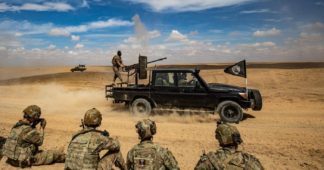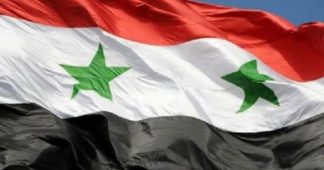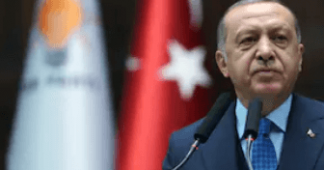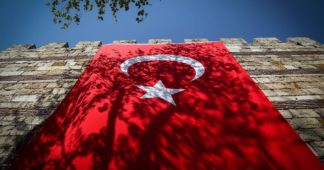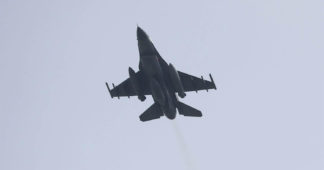by John Hunt in Brussels
Feb 7, 2025
THE Permanent People’s Tribunal has ended two days of hearings by accusing Turkey of committing crimes against humanity in its treatment of the Rojava people.
A preliminary statement by the judges at the end of Thursday’s session in Brussels condemned Ankara, including President Recep Tayyip Erdogan, over its actions in northern Syria.
The tribunal heard harrowing evidence of human rights abuses, including population displacement, demographic engineering, the targeting of civilians, looting, torture, rape and femicide.
Ibrahim Sheiko said the Kurdish population density in Afrin has fallen from 95 per cent to 25 per cent since the 2018 Turkish invasion.
Around 180,000 Kurdish refugees have lost homes and property to Arab and Turkmen settlers loyal to Turkey. Now Afrin’s governor is appointed by Turkey, Kurdish street names have been changed and children are taught only in Arabic and Turkish.
In video evidence, Nadia Hassan Suleiman said she was tortured and raped multiple times by Turkish intelligence agents based in Afrin.
Prosecutor Jan Fermon explained that Turkey uses direct and indirect methods, with much of the daily repression outsourced to jihadi militias in the Syrian National Army (SNA), which Turkey controls.
He said that, following President Bashar al-Assad’s fall in December, “the jihadi groups are now the new rulers in Damascus and Syria’s new military structure has grown out of the SNA.”
The tribunal heard that female officials of the Autonomous Administration of North and East Syria are being deliberately targeted for assassination. Hevrin Khalaf was brutally murdered by jihadist militiamen in 2019 and others have been killed in Turkish drone strikes.
Prosecutors alleged an orchestrated campaign to degrade Rojava’s vital infrastructure, with frequent attacks on water, electricity and oil facilities and the bombing of popular medical centres in Kobani and Qamishlo.
The tribunal was set up in 1979 and is composed of a president, four vice-presidents, a secretary-general and 66 international members.
We remind our readers that publication of articles on our site does not mean that we agree with what is written. Our policy is to publish anything which we consider of interest, so as to assist our readers in forming their opinions. Sometimes we even publish articles with which we totally disagree, since we believe it is important for our readers to be informed on as wide a spectrum of views as possible.
